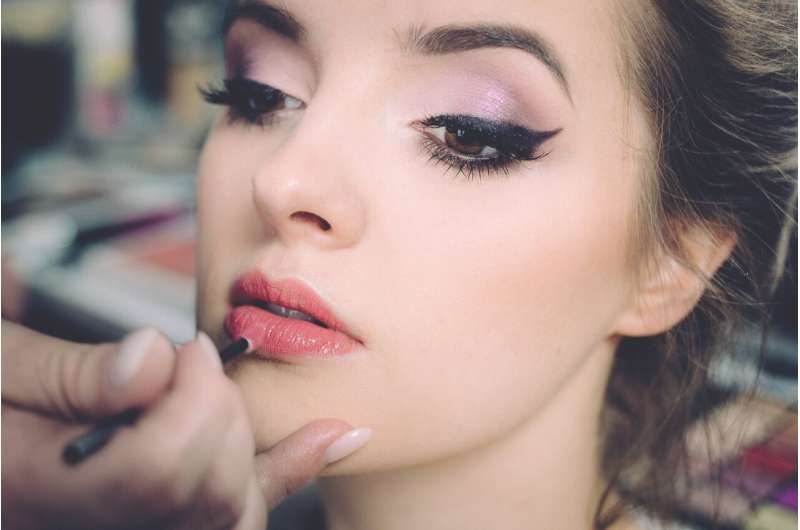'Beauty gurus' more trustworthy to audience when their production quality is high

This week, Inderscience Research Picks are focusing on a special issue of the International Journal of Internet Marketing and Advertising dedicated to social media influencers.
The credibility of digital influencers on YouTube and Instagram is discussed in a paper from Elmira Djafarova of the Faculty of Business and Law at Northumbria University, Newcastle upon Tyne, UK, and Natasha Matson of the Newcastle Business School there. The team has specifically looked at those people who are commonly referred to as micro-celebrities in the realm of beauty on these platforms.
The team found that for "beauty gurus" trustworthiness is the most important factor determining credibility but the quality of the video and images shared and the "professionalism" of the person's profile is also an important part of the public's perception of a given influencer. In addition, the team found that those influencers using YouTube had the most effect on viewers aged between 18 and 21 years old and was less potent in the older target group, 22-29 year olds. This, they suggest, implies that beauty reference group influence decreases with audience age.
It has previously been demonstrated that beauty gurus are responsible for all (97.4%) of the conversation and "buzz" surrounding new beauty products. But, there remains a need to understand the credibility and trustworthiness of such people, specifically from the perspective of a company recruiting a beauty guru to assist with a marketing campaign, for instance.
This latest study offers a cautionary tale for those marketing executives hoping to benefit from the micro-celebrity status of social media influencers:
Marketers within the beauty industry can take advantage of micro-celebrity influence, but do so carefully to remain credible, especially given the fickle nature of social media in general. They add that beauty brands should not push sponsored content and should instead focus on persuading micro-celebrities to offer endorsements seamlessly through their profiles rather than their content. This, one might suggest, is akin to the classic celebrity endorsement approach. Such endorsements are less questionable to consumers and more likely to be interpreted as credible electronic word-of-mouth whereas a sponsored review or product placement might be perceived as less trustworthy.
More information: Elmira Djafarova et al. Credibility of digital influencers on YouTube and Instagram, International Journal of Internet Marketing and Advertising (2021). DOI: 10.1504/IJIMA.2021.114338
Provided by Inderscience




















